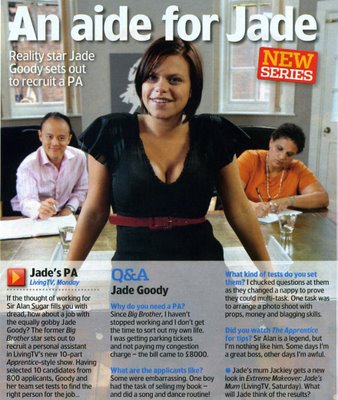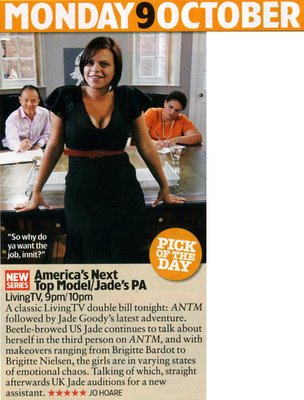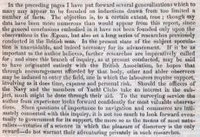Networking, networking, networking
 I ran a workshop for a client on networking last week, so I thought I'd share a few more thoughts on the topic.
I ran a workshop for a client on networking last week, so I thought I'd share a few more thoughts on the topic.
I think everyone should network. But the type of networking you should engage in depends entirely on your goals.
Say you are an entrepreneur and looking to start up your own business. You want to learn and perhaps talk to suppliers and competitors, industry commentators, potential customers, and perhaps even possible investors. If so, it makes good sense to network widely, to meet just about anyone and everybody to learn more about the sector you want to enter. To meet lots and lots of people in a fairly superficial way in order to get a snapshot of the industry.
But if you are networking for business development (i.e. selling) purposes, then effective networking is about building a smaller set of deep individual relationships rather than developing a large number of superficial contacts.
So what's your goal when you network?

















